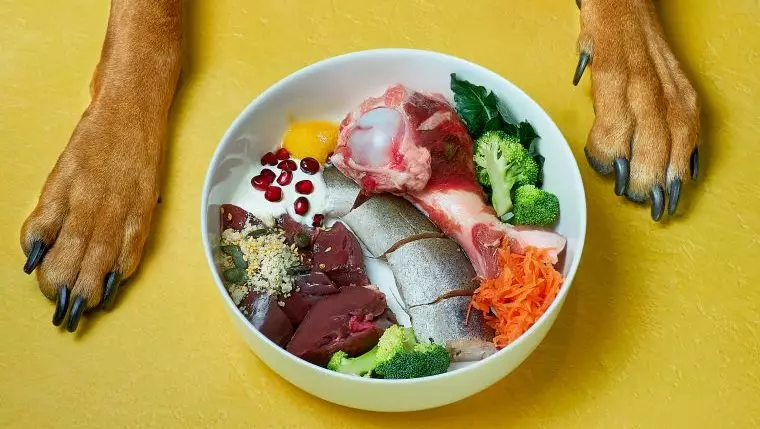In recent years, a notable transformation has occurred in the way dog owners perceive their pets’ diets. Many families now regard their dogs not merely as animals but as integral members of the family, akin to children. This burgeoning trend has led to an emphasis on providing pets with high-quality nutrition, and the market has responded accordingly, flooding with options ranging from organic to human-grade dog foods. Yet, as we navigate this new landscape, a question arises: Are we moving towards a healthier future for our furry companions, or are we merely falling victim to marketing gimmicks?
The rise in popularity of human-grade dog foods, which mimic what humans might consume, reflects changing attitudes among pet owners. Reports indicate that these products have gained traction, particularly during the Covid-19 pandemic when owners grew more attuned to their pets’ health and happiness. Dr. Patrick Cunningham, a physician in Chicago, highlighted this trend, revealing that his dogs show unbridled enthusiasm for a brand focused on human-grade ingredients. But is this passion backed by science, or is it simply an emotional response to the evolving human-animal bond?
Despite the enthusiasm surrounding human-grade dog foods, experts express caution. Dr. Cailin Heinze, a veterinary nutritionist, points out a disturbing trend: pet owners often equate familiar ingredients with superior health benefits, resulting in a misleading “health halo” around these products. The reality is that pet food lacks the rigorous researchable standards applied to human food. While grain-free diets have surged in popularity, they come with significant risks, including a potential link to heart disease stemming from ingredients like peas and legumes. In this light, the adage “not everything that glitters is gold” rings particularly true.
Navigating canine nutrition is not a one-size-fits-all endeavor. Dogs vary widely in their size, age, and activity levels—all factors that dramatically affect their dietary requirements. A puppy’s needs differ starkly from those of an aging dog. Decision-making about your pet’s diet should ultimately involve careful consideration and ideally, guidance from a veterinarian who can provide insights tailored to your pet’s unique situation. If concerns linger about nutritional deficits or proper balance, dietary supplements may also offer a solution.
As the pet food industry continues to expand and evolve, dog owners must remain vigilant. The pursuit of the best for our furry companions should not overshadow the importance of informed choices based on reliable science rather than trend-driven marketing. While the appeal of human-grade dog food is undeniable, thorough scrutiny is vital to ensure our pets receive safe and nutritionally adequate diets. As we foster this critical examination, we can truly enhance the quality of life for our beloved companions.

